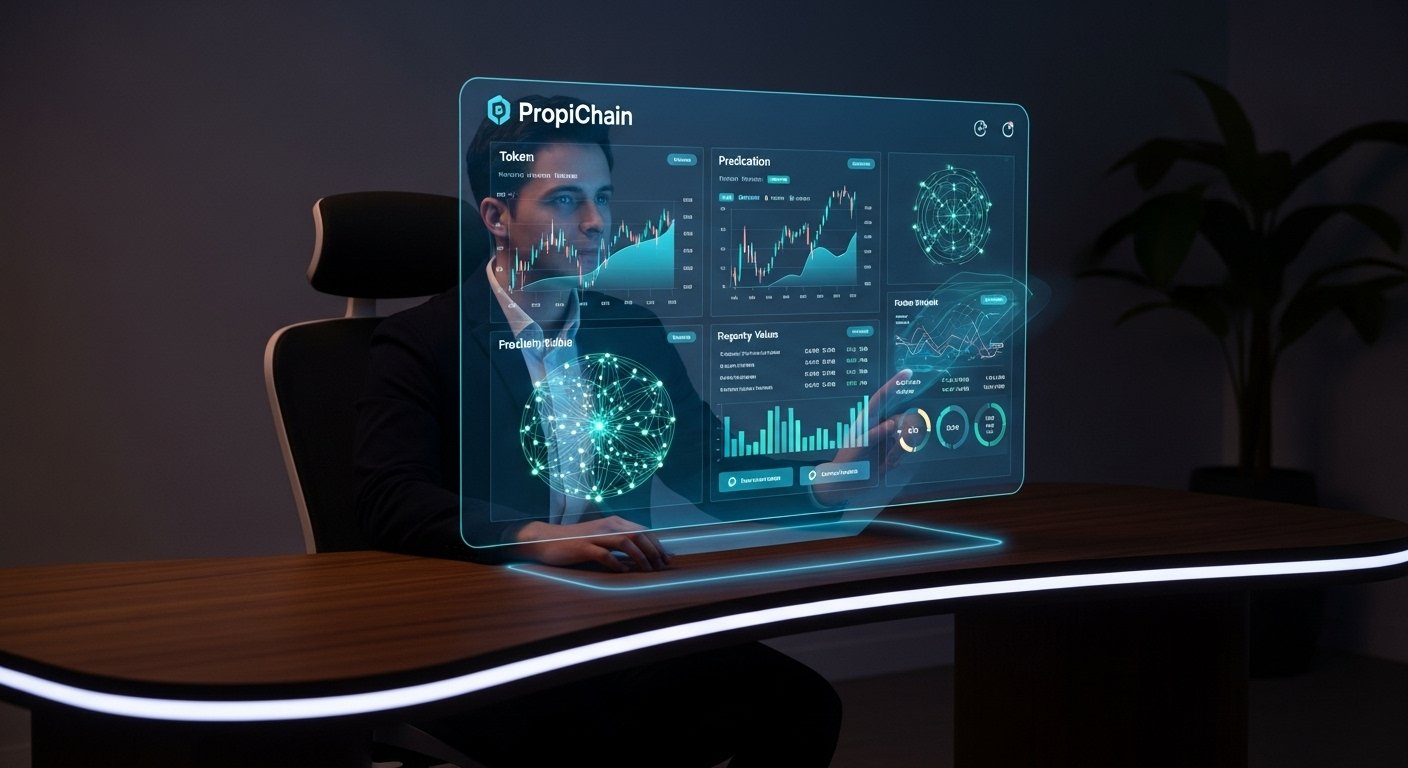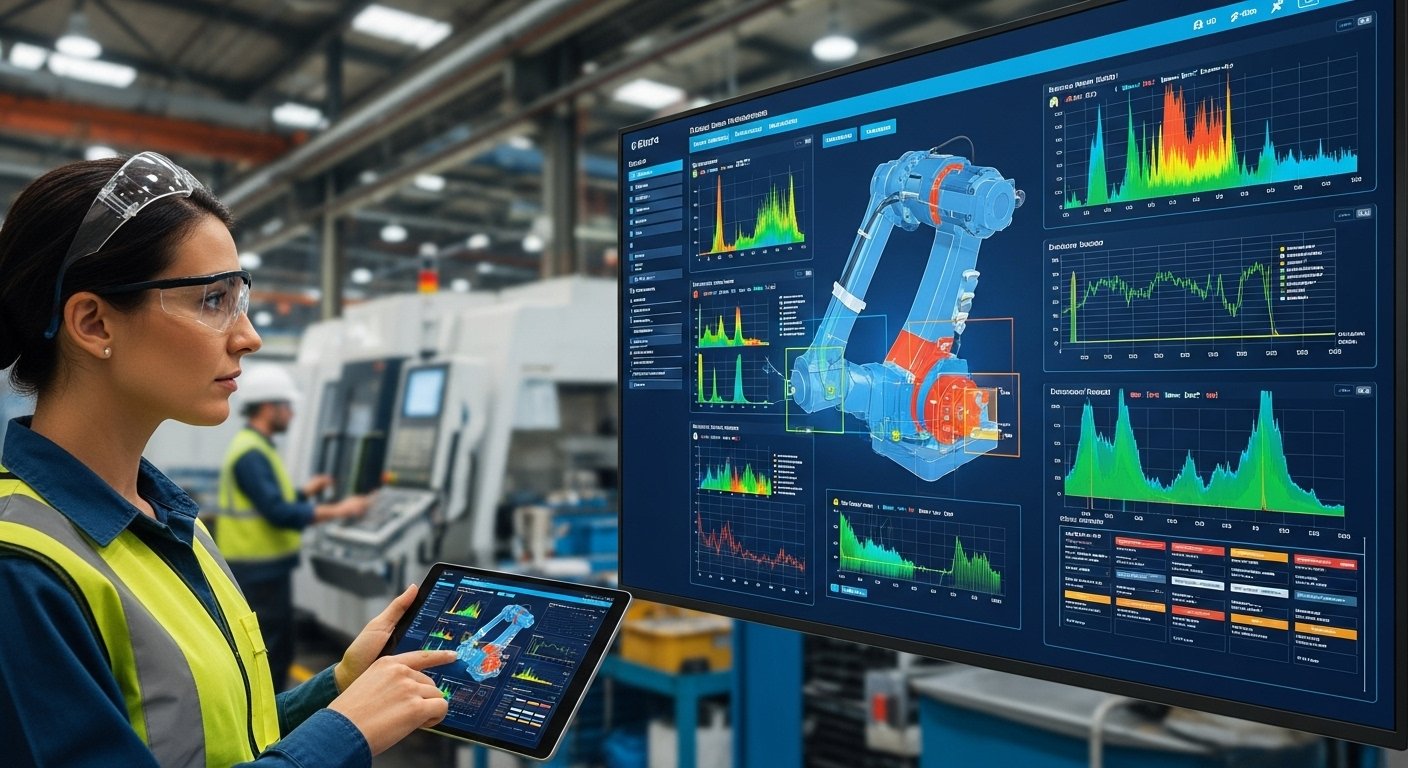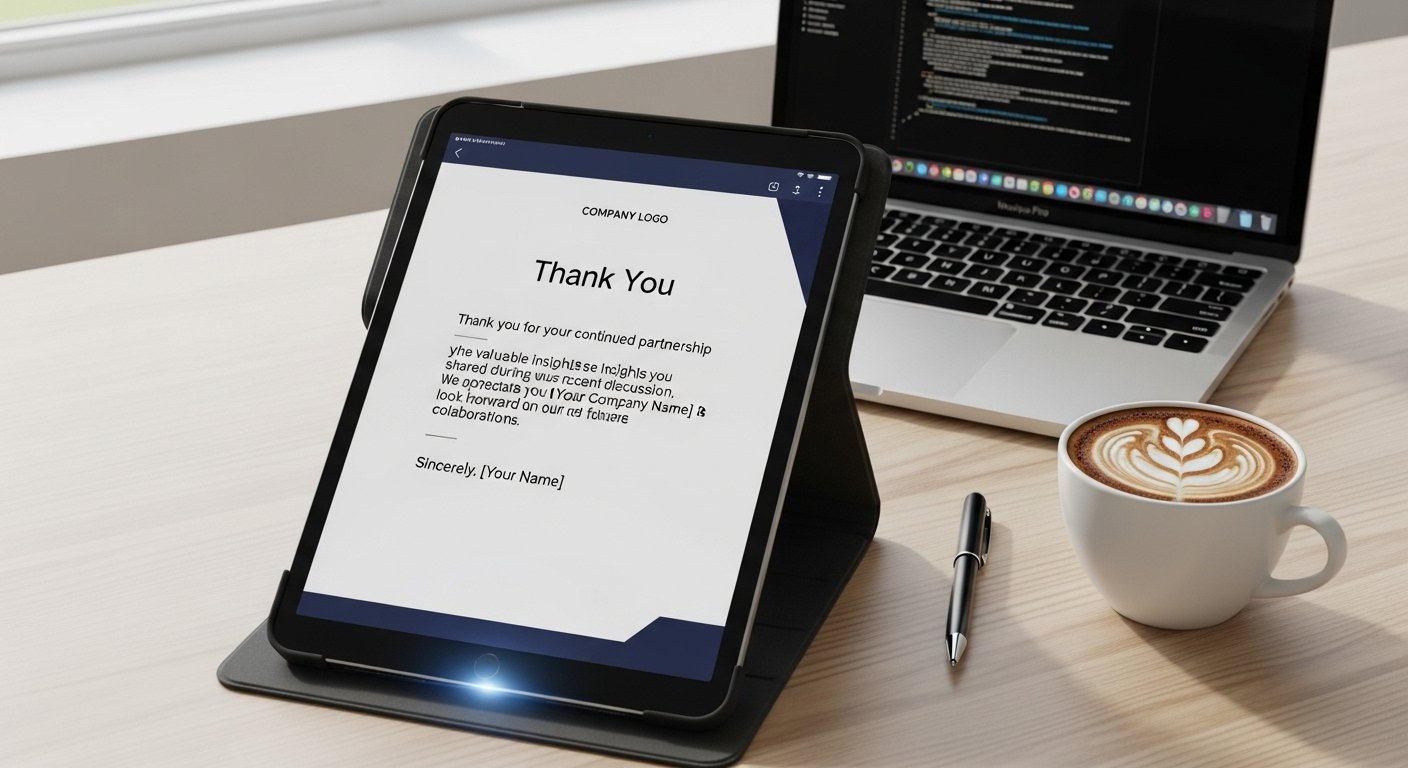In the ever-evolving world of cryptocurrency, one of the more intriguing niches is the marriage of real-world asset tokenisation (RWA) with artificial intelligence (AI). Enter the ai-powered altcoin PropiChain. This project aims to merge the traditionally slow, opaque real-estate market with blockchain, AI-driven analytics and fractional ownership models. If you’re wondering what is the ai-powered altcoin PropiChain and does it live up to the hype, you’re in the right place. In this article we’ll unpack the concept, the claims, the data, the risks, and what to watch out for — with a conversational, simplified tone, and lots of concrete facts.
What is PropiChain?
The basic idea
At its core, PropiChain (often abbreviated as PCHAIN) presents itself as a blockchain-based platform designed for tokenising real estate assets. That means converting ownership interests in physical properties (buildings, land, etc.) into digital tokens that can be bought, sold or traded.
What makes it more ambitious is its claim to combine that tokenisation with AI-powered analytics, enabling investors (large or small) to evaluate real estate opportunities, leverage predictive valuation models, and benefit from blockchain transparency.
Key features claimed
Here are some of the main features PropiChain promotes:
-
Fractional ownership: Smaller investors can buy “slices” of high value properties that previously required large capital.
-
AI valuation and decision-support: Using automated valuation models (AVMs), historic data + trends to suggest investment-worthy properties.
-
Blockchain & token trading: Tokens representing property shares are tradable on blockchains, improving liquidity and transparency versus traditional real estate.
-
Metaverse / digital overlay: Some claims indicate integration with metaverse or virtual property tours for remote inspection or immersive investment.
Token data snapshot
-
Token ticker: PROPC (in some sources) with a max supply of around 100 million tokens. Circulating supply around ~42–43 million.
-
Market cap: As of recent data, around US$16 million for the circulating supply.
-
Platform: The token is said to operate on the Ethereum network.
How the “AI-Powered Altcoin PropiChain” Model Works
Tokenisation of real estate
The key shift here is moving from a model where you must buy an entire property (brick & mortar) or invest via REITs, to one where you buy a digital token representing part-ownership:
-
Real estate asset (e.g., commercial building) is acquired or partnered with.
-
The asset is “tokenised”: ownership shares are turned into blockchain tokens.
-
These tokens can be bought, held, or sold by investors.
-
Token unity might entitle holders to rental income, value-increase, or collateral value.
This model has potential because it opens real estate to a broader investor base and adds transaction efficiency.
AI integration and value-add
The “AI” in ai-powered altcoin PropiChain is claimed to drive several enhancements:
-
Automated Valuation Models (AVM): The platform claims to use AI to process huge datasets (past sales, market trends, location variables) to propose fair property values.
-
Predictive Analytics: The AI purportedly scans data to identify properties that could outperform — spotting trends or under-valued opportunities.
-
Filtering & Matching: Investors can use criteria (ROI, neighbourhood growth, rental yield) to find tokenised assets that match their goals.
-
Smart-Contracts & Automation: Lease renewals, rental yield distributions etc can be executed via blockchain triggers, reducing intermediaries and cost.
Why this matters in the crypto realm
-
Real-World Assets (RWA) are becoming a major trend in crypto because they offer links to “real” value (not just speculation).
-
Combining AI with tokenisation adds a layer of “utility” or “services” instead of purely speculative tokens.
-
If executed well, this model could deliver more stable returns (through property income) and transparency via blockchain.
What Makes PropiChain Stand Out Among Altcoins
Compared to many altcoins
Most altcoins are built around one of: faster payments, smart-contracts, decentralised finance (DeFi), governance tokens, NFTs, etc. The ai-powered altcoin PropiChain is marketed as a hybrid of several:
-
Real-estate tokenisation (less common)
-
AI analytics + blockchain data layer
-
Fractional ownership (increasingly trending but less mature)
-
Potential for “real world” yield (rent, property value) rather than purely digital asset speculation
Market positioning
According to commentary:
-
Some analysts highlight PropiChain as one of the few altcoins that merges RWA + AI.
-
Articles suggest that investors are attracted to “the next big thing” in crypto — beyond just coins and DeFi pods.
-
Some promotional pieces estimate extreme returns (e.g., “800 ×”, “30,000 ×”) for early entrants.
Real-Life Examples and Stats
Statistics from token data
-
Token circulating supply ~42.55 million, max supply ~100 million.
-
Market cap ~US$17.9 million (at one point) with 24 h trading volume ~US$90 000.
-
Token price had a high of US$5.34 (all-time high), current price far lower.
Real-world testimonials & community feedback
-
On Reddit: Some users who purchased the token presale raised concerns:
“There is nothing in this thread to discredit them… But I also feel sketched. Got 200 worth and it was fine.”
“Definitely a scam…” (another user) -
On the regulatory front: The Californian crypto-watchdog reported:
“A Californian reports on their experience trying to buy a crypto token called ‘Propichain’ ($PCHAIN)… The website is no longer operational. All told, the victim lost more than $14,000.”
These real-life inputs show both heavy interest and significant skepticism/risk.
Use-case scenario
Imagine you live in Faisalabad, Pakistan and you want to invest in overseas high-value commercial real-estate but don’t have millions of dollars. A platform like PropiChain could (in theory) let you invest a much smaller amount (say US$1,000) into fractional shares of a property in, say, Dubai or Germany, tracked via blockchain, and with AI helping pick the asset and manage projections. That’s the vision. But as we’ll discuss, the execution and trust layers matter enormously.
Strengths & Potential Benefits
Here are the upside reasons people might consider the ai-powered altcoin PropiChain:
-
Democratisation of real estate: Lowering the barrier of entry for investors.
-
Transparency and liquidity improvements: Tokenisation + blockchain can speed up transactions, reduce middlemen.
-
Data-driven decision-making: AI analytics can help make more informed investments rather than pure guesswork.
-
Diversification beyond standard crypto: By tying into real-world assets you may reduce some of the pure-crypto speculation risk.
-
Early-mover potential: If the model works and the project succeeds, early entrants might benefit significantly (which is why the “800×” headlines exist).
Major Risks & Things to Watch
Given the high-risk nature of such projects, especially in crypto, you should be aware of the following:
Lack of team transparency
-
Investigative reports highlight that for projects like this, lack of a clearly visible, credible team is a red flag.
-
Some white-papers reportedly scored 100% AI-generated content in scans, raising questions of authenticity.
Securities / regulatory risk
Tokenising real world assets involves complex legal frameworks: property rights, local regulation, securities laws, cross-border tax issues. If the project doesn’t handle compliance, investors may face huge risk.
Liquidity & token listing risk
-
Although PropiChain tokens are listed and trading, the volumes are relatively low, meaning liquidity may be thin.
-
Some of the promotional material is aimed at presale investors with huge return promises, which often leads to pump-and-dump concerns.
Execution and asset verification
-
Tokenising real estate is one thing; sourcing quality properties, verifying titles, managing rental income, and ensuring smart-contract integrity is another. If the real world side fails, the token simply collapses to speculation.
-
AI promises sound great, but good AI needs good data — if the data is weak or biased, outcomes will be too.
Over-hyped return expectations
-
Some articles claim “800×” or “10,000×” returns for PropiChain. While possible, such claims should be met with heavy scepticism. Past performance and promises are not guarantees.
Scam or platform shutdown risk
-
The regulatory watch-listing (as above) of Propichain’s platform in one case shows that some users believe they have lost funds and the platform went offline.
Evaluating PropiChain: A Checklist for Investors
If you’re considering stepping into this project (or similar projects), here’s a quick checklist with questions to ask to fulfil the EEAT (Experience, Expertise, Authoritativeness, Trustworthiness) framework:
-
Team & advisors: Are the founders and advisors publicly identified? Do they have verifiable track records in real estate, blockchain or AI?
-
Asset ownership & verification: Which properties are being tokenised? Are titles verified? Are they audited by independent parties?
-
Token mechanics & utility: What rights do token holders have (rental income? voting? property management?) How liquid is the token? On which exchanges?
-
AI claims & data: What AI models are used? Is there independent auditing of the AI’s performance? Is the data transparent?
-
Regulatory compliance: Is the platform compliant with local laws (both in the property’s jurisdiction and investor’s jurisdiction)?
-
Smart-contract audit: Has the code been audited by reputable firms? Is the audit public?
-
Transparency of operations: Are regular reports published (property performance, rental yields, token burn/issuance etc)?
-
Exit-strategy: Can you sell your token easily? What happens if the property under-performs?
-
Marketing vs reality: Are claims reasonable or appearing too good to be true? Early-stage crypto hype often oversells.
Where Does the ai-Powered Altcoin PropiChain Stand Today?
Current status
-
The token PROPC is live, trading, listed on various platforms with a market cap in the tens of millions (not hundreds of millions) of dollars.
-
The project has been in presale phases with heavy marketing pushing early-entry.
-
The concept (AI + real estate tokenisation) is novel and attractive — potential is present.
Challenges it faces
-
Mixed user feedback: Some early investors report issues with withdrawals or claims unfulfilled.
-
Transparency issues: Some trusted sources label the project as high risk and raise “scam alert” warnings.
-
Real-world property tokenisation is a niche that has many operational, legal and regulatory hurdles which many new projects struggle to navigate.
My assessment (not financial advice)
Given everything: PropiChain is interesting, and if successful, the model could offer a bridge between crypto and real estate investment. However, as of now it should be regarded as high risk rather than “sure bet”. For investors in places like Pakistan (or globally), it could represent a small portion of a diversified portfolio, if you’re willing to accept the risk of loss. Don’t invest what you cannot afford to lose, and do your due diligence thoroughly.
Tips for Anyone Considering PropiChain
Here are actionable tips if you’re thinking of diving into the ai-powered altcoin PropiChain:
-
Start small: Consider entering with a small amount to test the platform, understand the mechanics, see if everything works as promised.
-
Verify listings and wallets: Make sure the token contract address is correct, research which exchanges it’s listed on, check liquidity.
-
Review independent audits: Search for proof of property ownership, smart contract audit reports, and independent verification of the AI claims.
-
Track actual asset performance: If the token claims rental income or yield on properties, verify that payout histories are published.
-
Stay updated on regulatory news: Tokenising real estate crosses many jurisdictions; stay aware of any regulatory actions or warnings.
-
Have an exit strategy: Know how and where you can sell your tokens. Understand the risks if the property under-performs or if the project fails.
-
Separate marketing from fact: If you see claims like “10,000x returns” treat them skeptically. Ask for the underlying logic, data and compliance.
-
Consider broader portfolio context: This sort of investment should not be your entire portfolio. Balance with more established assets.
Conclusion
The ai-powered altcoin PropiChain presents an ambitious vision: tokenising real world real estate with blockchain and AI, opening investment doors previously reserved for high-net-worth individuals and enabling data-driven decision-making in property markets. The model holds genuine appeal, particularly in markets where real estate is expensive and participation is limited.
However — and this is key — execution, transparency, regulation and liquidity are major hurdles. At the present time, PropiChain remains a high-risk venture. The token’s market cap is relatively modest, user feedback is mixed, and many claims are still promotional rather than proven. If you are considering investing, use the checklist above, do your homework, and proceed cautiously.
In short: The ai-powered altcoin PropiChain could be part of the “future of real-estate + crypto + AI” story — but it is far from a sure thing. With proper diligence you can position yourself wisely; without it you’re exposed.
FAQs
Q1: What exactly does “ai-powered altcoin PropiChain” mean?
It refers to the project PropiChain (PCHAIN/PROPC token) which combines three elements: an altcoin (crypto token), AI analytics (for property/investment decision-making) and real estate tokenisation (turning physical property into tradable digital tokens).
Q2: Is PropiChain a scam?
There’s no definitive legal ruling stating it is a scam. However, there are significant warnings from regulators and many red flags (lack of team transparency, heavy marketing, some investor complaints). So it must be treated as high risk.
Q3: How can I buy the PropiChain token?
You’ll need a compatible crypto wallet and to find an exchange or platform listing the token (PROPC). Always verify the contract address and ensure you are not using a phishing site or a mirror scam.
Q4: Does owning the token mean I own a property?
Not necessarily. Token ownership may give you a fractional share of some asset, but you need to verify what rights the token grants (income, voting, resale) and whether the underlying property is properly held and managed.
Q5: What should I watch out for if I invest?
Key things: liquidity (can you sell tokens easily?), property performance (is rental income being generated?), regulatory risk (tokenising property is legally complex), transparency of team & audits, realistic marketing (beware of “guaranteed big returns”).








Leave a Reply